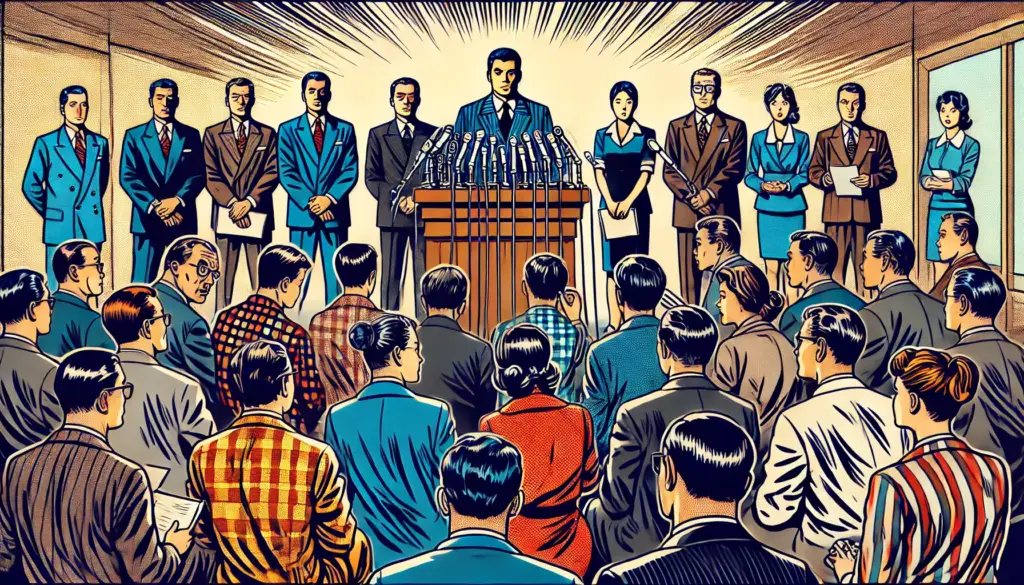
The recent launch of the Pokémon-themed Happy Meal in Japan generated unprecedented excitement—and unexpected chaos. Here’s what unfolded, what McDonald’s officially announced in their August 11 statement (“Important Notice on Happy Meal® Sales and Our Response”), and how this incident might shape future promotions.
1. What Happened: Cards, Crowds, and Chaos
Earlier this month, McDonald’s Japan began offering a special Pokémon Happy Meal, complete with toys and collectible trading cards. Each set included an exclusive Pikachu card plus one randomly selected from five variations. To maintain fairness, the company set a purchase limit of five Happy Meals per person during the campaign.
Despite these precautions, the promotion triggered a nationwide frenzy. Many outlets saw long lines from early morning, with some customers engaging in bulk buying for resale purposes. Reports emerged of abandoned food, as some buyers discarded the meals after collecting the cards. The situation created congestion both inside and outside stores, straining staff and frustrating genuine customers.
2. The Official Apology: A Wake-Up Call
On August 11, McDonald’s Japan released an official statement titled “Important Notice on Happy Meal® Sales and Our Response” on their website (read here). The company acknowledged that bulk purchases for resale, operational disruption, and food waste had occurred, and sincerely apologized to customers, employees, local residents, and property partners. They admitted that the promotion failed to reflect the Happy Meal’s core mission of bringing joy to children and families.
3. Concrete Countermeasures: What’s Next
McDonald’s outlined several changes for future campaigns:
- Stricter purchase limits: Happy Meal promotions involving popular collectibles may have tighter per-person restrictions. Mobile orders and delivery services might also be paused during such events.
- Enforcement of customer conduct: Those attempting repeat purchases, exceeding limits, or behaving inappropriately toward staff could be refused service. Serious offenders may even have their McDonald’s app accounts suspended.
- Partnership with resale platforms: The company will continue working with online marketplace operators to address reselling issues and request the removal of inappropriate listings.
- Continuous review: Feedback from customers and staff will be incorporated into ongoing adjustments to maintain fair, safe, and enjoyable promotions.
4. A Fresh Perspective: What Can Be Learned?
Balancing Excitement and Equity
Limited-edition promotions naturally attract collectors, but without effective controls, resellers can dominate supply. Implementing ID-linked vouchers or reservation systems could ensure fairer access.
Tackling Food Waste Ethically
Discarded meals highlight a serious ethical challenge. Separating collectibles from meals—offering them via a claim ticket or pick-up system—could reduce waste while preserving the promotional value.
Designing for Sustainable Fan Engagement
Instead of short bursts of scarcity, campaigns could run over longer periods or be released in waves, preventing crowd surges and allowing more children to participate.
Rebuilding Trust through Action
McDonald’s swift apology shows accountability, but the true measure will be in how effectively the promised measures are carried out. Visible enforcement and transparent communication will be key in regaining public confidence.
Final Thoughts
The Pokémon Happy Meal controversy was more than a marketing hiccup—it was a lesson in balancing demand, fairness, and social responsibility. By addressing the root causes—scalping, operational disruption, and food waste—McDonald’s has the opportunity to turn this incident into a positive example of corporate accountability.
If future promotions focus on genuine enjoyment for children, sustainable practices, and equal access, McDonald’s can not only recover from this stumble but also set a higher standard for how large-scale campaigns are run in Japan.



















































